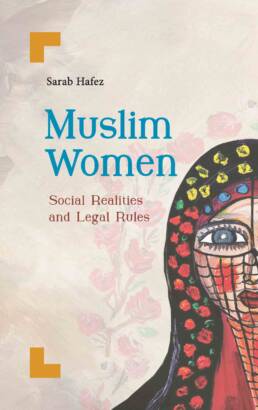Lebanon’s Political Economy and Hindrance to Development: The Dialectic of External Influence, Political Sectarianism, and the Unproductive Economy
Price range: 10 $ through 18 $
Price range: 10 $ through 14 $
AuthorNajib IssaDate15/5/2025No. of Pages400EditionFirstISBN978-614-498-387-4 E-ISBN978-614-498-388-1
| Weight | 0,600 kg |
|---|---|
| Dimensions | 24 × 17 cm |
| Product Type | Electronic, Paper |
The Center for Arab Unity Studies has published the book “Lebanon’s Political Economy and Hindrance to Development: The Dialectic of External Influence, Political Sectarianism, and the Unproductive Economy” by economic researcher Najib Issa.
The research in this book focuses on the actual reasons that have hindered balanced economic and social development in Lebanon, by monitoring the factors that have controlled the historical path of the country’s political and economic society. Since independence, this society has been based, and continues to be based, on two fundamental pillars: “political sectarianism” and “an unproductive economy,” both of which have been established and sustained by “other countries.” Therefore, it is no longer possible to track the path of the Lebanese economy, in terms of its structure and development performance, without examining the organic relationship that links it to the path of external factors and political sectarianism and their interaction.
In this context, the book shows how the economic model in the First Republic was based on the production of services for foreign interests and achieved, under the shadow of uncontrolled liberalism, continuous growth, but accompanied by profound economic and social imbalances and disparities between regions, classes, and sects, and a severe dependence on foreign countries. The book also shows how the interaction of these two factors, with the new direction each of them took in the Second Republic, has reproduced a new form of the unproductive free economic model, the predominant character of which is rentier and relies on external financial flows that feed production sectors that are not tradable in foreign markets. This model, in turn, was accompanied by economic and social imbalances and political conflicts that plunged Lebanon into a comprehensive, systemic political and economic crisis that continues to this day.
Add a review
You must be logged in to post a review.
You May Also Like
Post-capitalism
Muslim Women: Social Realities and Legal Rules
Price range: 9 $ through 14 $
Armaments, Disarmament and International Security: Sipri Yearbook 2019
Price range: 10 $ through 16 $
Democracy: A Safeguard for Arab States and Societies
Price range: 6 $ through 10 $
Turkish Political System under the AKP (2002-2014)
Price range: 6 $ through 9 $
Democracy in International Law between Legitimacy and Power
Price range: 6 $ through 10 $
Balconies for Contemplation, Thinking, and Reflection
Price range: 10 $ through 10 $








